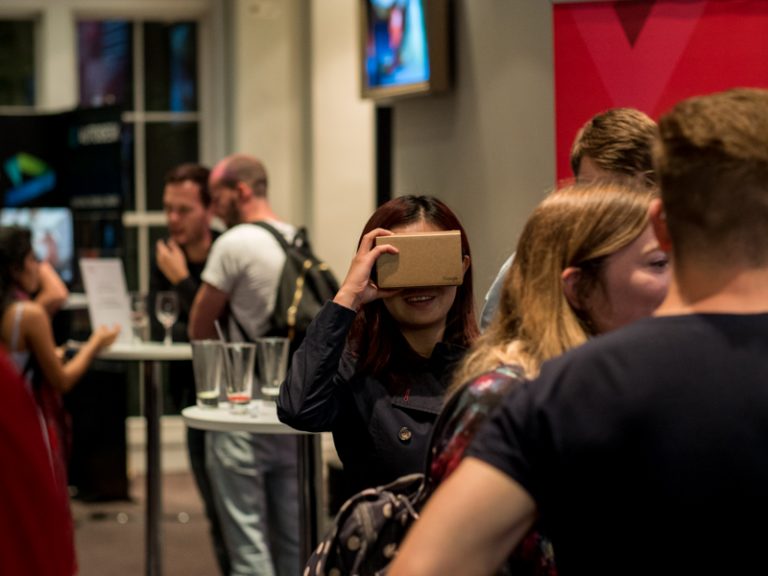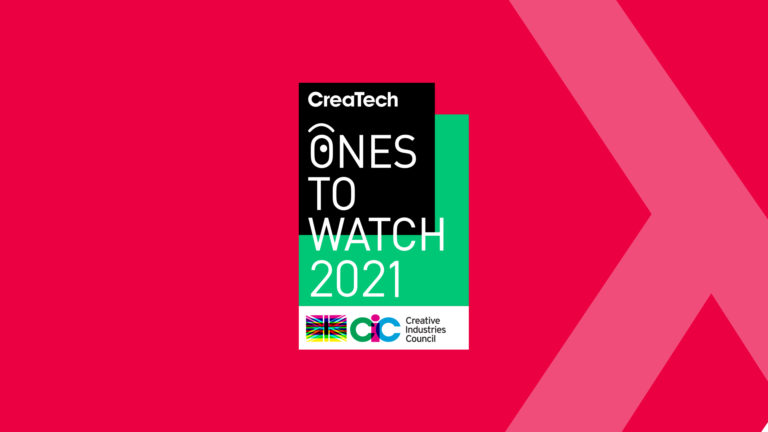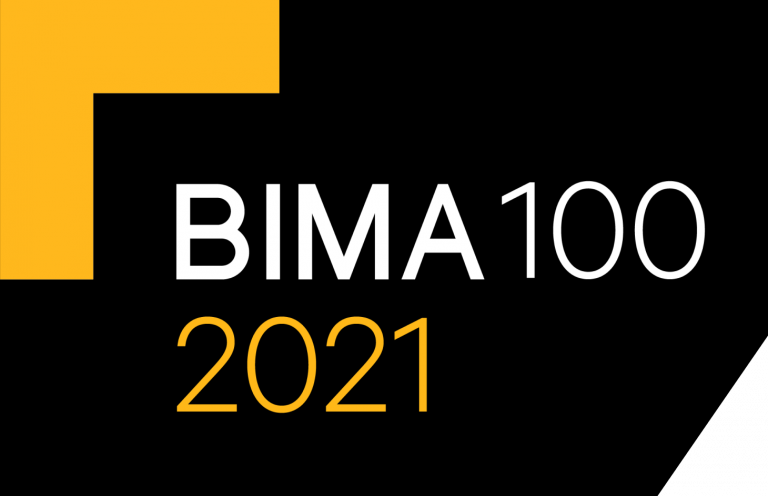
Over the last couple of years VR has been at the forefront of the digital landscape. It’s still a developing medium with a distinct lack of quality content, but now that it’s becoming ever more accessible we’re starting to see an increase in VR apps and experiences.
FX Digital’s R&D and project development teams have spent quite some time in this arena, and we wanted to share some of our learnings. So here are some questions you should ask, things you should do, and preparations you should make before commissioning your VR experience.
1. What are you trying to do?
It might seem obvious, but many clients forget to ask this question. We’ve seen plenty of people leap straight for the solution instead of considering the problem first. So before you even start to consider VR, ask yourself what it is that you’re trying to achieve. This doesn’t mean ROI, but rather your storytelling. VR and mediums like it are entirely about communication. Films, games, paintings, and poetry all do one core thing: tell stories. What story are you trying to tell? Sum it up in just a few words (no more than 20) and write it on a post it note. Always refer back to this throughout your project to challenge if your solution matches your goal.
2. Do you need a VR experience?
As the technology du jour there’s a temptation to jump straight into “let’s do a VR thing” just because it can be done. We saw it with app fever around 2008 – brands wanted a downloadable app no matter who they were. But do you really need something in VR? Will it serve your storytelling and brand message? Perhaps there’s a different, more established method to communicate with your audience. If VR is the only – or best – way to get that message across and serve your purpose then move on to the next step…
3. Who is your audience
This needs to be broken down into something quite broad, but focussed. For example, an experience for 25-30 year olds working in hospitality and earning a 14% disposable income will have a completely different take on your story than 14 year old school students. Or that 50 year old CEO you’re trying to entice. Break down your audience as much as you can. While you’ll go through this with your design agency anyway it helps to guide the process for all concerned.
4. Where will the experience be used?
While you’ll unpack this more with your agency it’s important to have an awareness of where your audience will be. You might see them face to face, or you might not. They might be in a huge exhibition centre like the ExCel or perhaps sat at home. Experiences in crowded rooms are very different to those in private.
5. Do you have the time
Developing a VR experience isn’t a simple matter of briefing an agency and walking away. You’ll need to give constant feedback, comment on prototypes, and be available to catch up on a regular basis. All of this is to save the experience from going down a route you’re unsure of. It all comes back to that first point: what you’re trying to do.
6. Think about your budget
The more money you can spend the better the experience will be. If you can afford to allow your agency to commit further time and resources to your project it will, naturally, become better. Of course you can have a VR experience developed in a matter of days, but will be far from unique and will lack that special atmosphere that comes will a full term project cycle.
7. Do you need bespoke assets?
Most VR experiences require the inclusion of graphic assets. They might be part of the user interface, photographs, backdrops, characters, even clouds in the sky. These all need to come from somewhere. Have a think about where that will be. Your final product can be incredible with free content – check out our WWII globe for an example of what we’ve done with WebGL. Bespoke assets, however, will take your experience to the next level. Consider commissioning something unique to your project if it falls within your budget. Your agency can advise on the best way to get this done, but it certainly helps to know if you’re thinking about it up front.
8. Deadline
When do you need your experience to be ready? And is that date flexible? Your agency will tell you if your deadline is achievable given budget and available resources.
9. Distribution
It’s all well and good creating something amazing, but it needs to be seen. It’s good to have an idea of how you would like this to happen. Maybe you’re planning on offering your experience as a downloadable app for iOS or Android. Perhaps it’s going onto Steam. Maybe it’s a closed experience that only a select few invitees will see. All methods of distribution can affect how your experience is developed and how it will be received. It might also be possible to cross-populate multiple channels with that content to maximise your uptake and ROI.
10. Write stuff down
Whether you use a project management tool like Asana or you prefer good old pen and paper, make sure you take notes. Every thought you have and every point you agree should be written down for reference. You can refer back to these at any time as a refresher. And consider keeping a short list of your key goals – the things that your end product has to live up to for it to be a success.
11. Be prepared for change
All projects alter over time. That’s a good thing. As long as your original goal is being fulfilled allow for some changes and developments to happen organically. If there’s one thing we’ve learned it’s that the best ideas come at the strangest of times.
If you want to find out more about commissioning VR projects, sign up to our newsletter or contact the team today.





